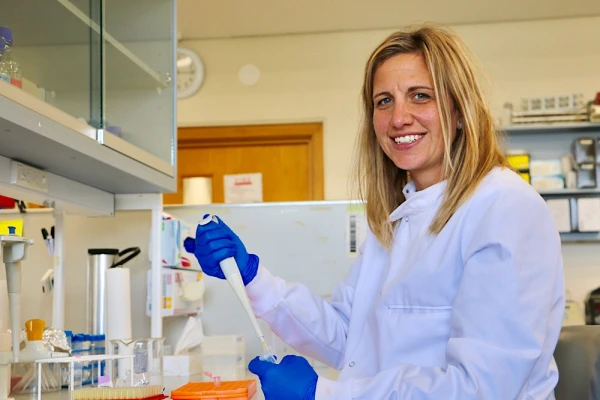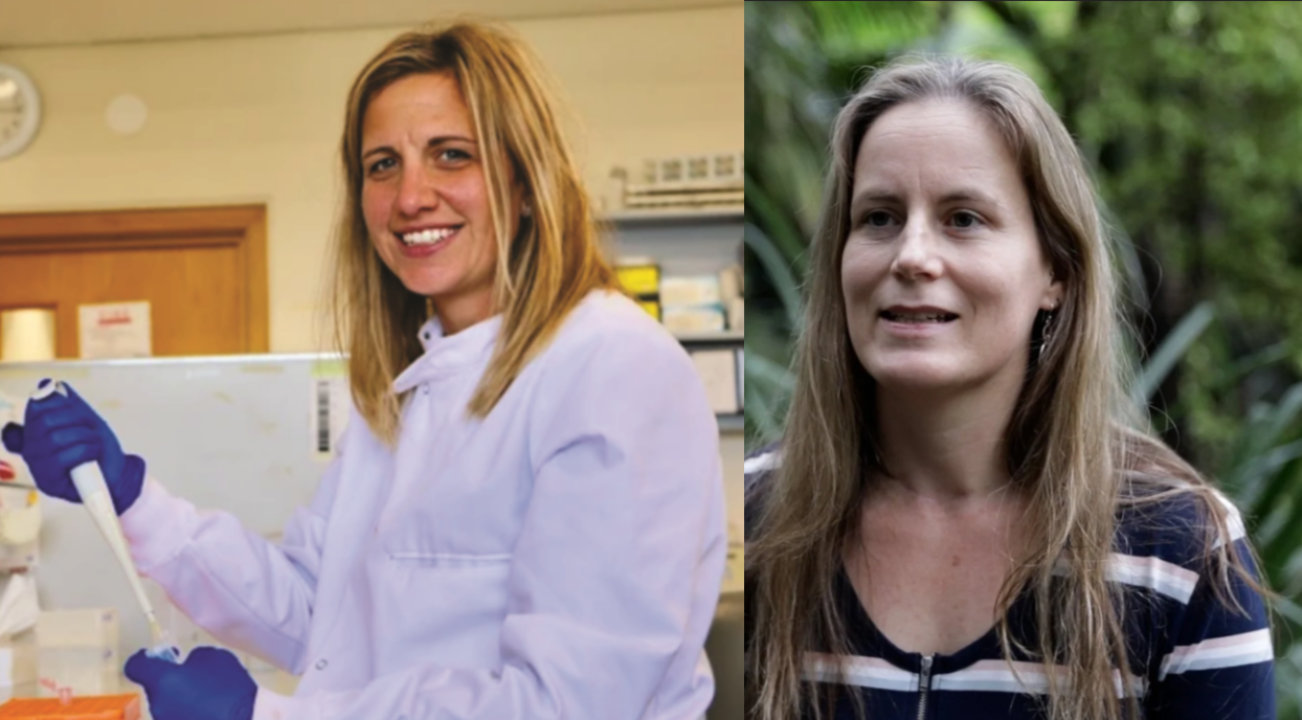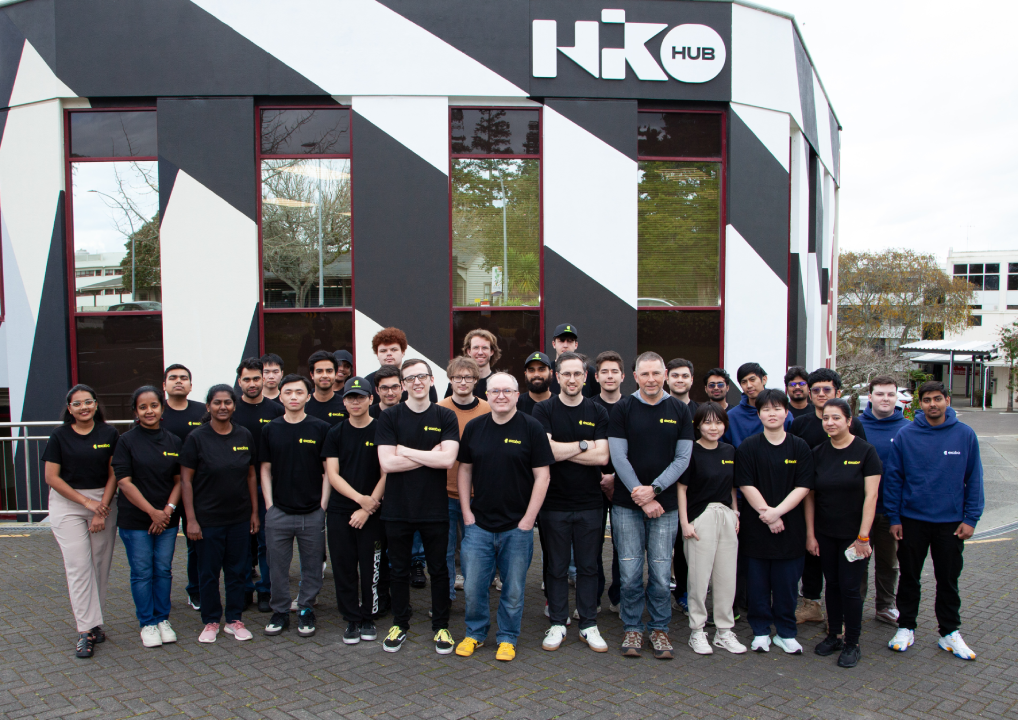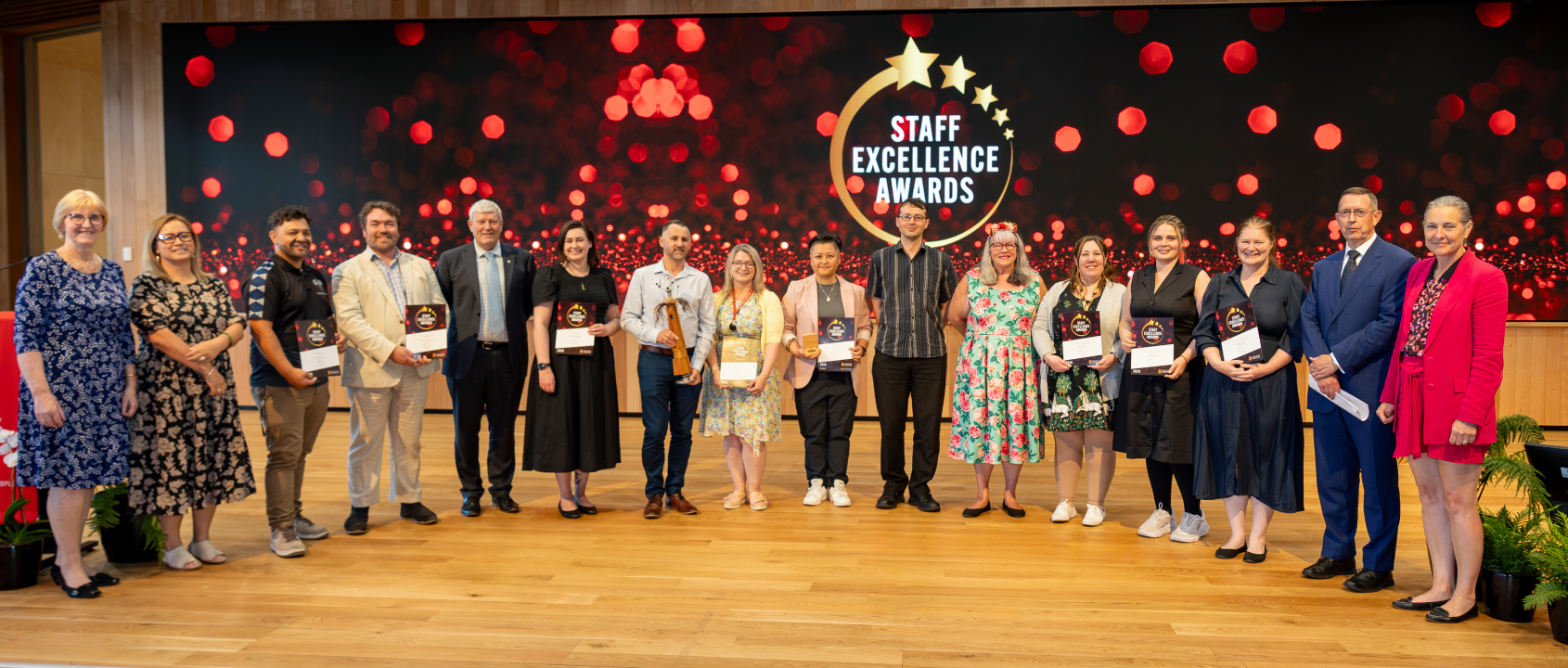Content warning: this article contains references to a research project about self-injury and suicide.

Dr Joanna Hicks, Te Huataki Waiora - School of Health.
The Health Research Council of New Zealand (HRC) is funding two University of Waikato research projects to deal with stigmatised disease and disorders that predominantly impact young people – the sexually transmitted disease gonorrhoea, and self-harm behaviours.
University of Waikato researchers, biochemist Dr Joanna Hicks, and social psychology lecturer Dr Cate Curtis have both been awarded HRC Explorer Grants for their work.
HRC is the principal funder of health research for the Government. Their Explorer Grants provide support for transformative, innovative, or exploratory research ideas that have a good chance of making a revolutionary change to how health is managed in Aotearoa New Zealand.
Avoiding detection: How does gonorrhoea survive within host cells?
Dr Hicks has spent most of her career working to wipe out Neisseria gonorrhoeae, the bacteria responsible for gonorrhoea infection. She said the grant to further her work is important because, “untreatable gonorrhoea was a likely reality that we will be facing in the future.”
“It’s a mastermind bacteria. It’s extraordinarily resilient with an ability to survive and hide in a variety of different cells, including human immune cells.”
People often have little to no symptoms, and when left untreated it can cause serious complications, for example, ectopic pregnancy and infertility in women.
“The particular concern is there’s no vaccine and gonorrhoea has developed extensive antimicrobial resistance. Right now, there are dwindling treatment options, and infection rates are rising in New Zealand and globally,” said Dr Hicks.
The World Health Organisation has gonorrhoea listed as a “high priority pathogen.”
The Explorer Grant project builds on ongoing HRC funded projects Dr Hicks’ team are working on, including a study led by immunologist Dr William Kelton, who is an associate investigator for the new project.
Dr Hicks says the new work is about uncovering the secret intracellular life of the bacteria, to advance the development of new and more effective treatments.
Dr Hicks will be zeroing in on the bacteria’s FitAB toxin-antitoxin system. “This is basically the genetic material within certain strains of Neisseria gonorrhoeae that enable the bacteria to survive when exposed to stressors like antibiotics, and to persist and hide in human cells, until more favourable conditions return.”
The work will employ a number of laboratory techniques new to New Zealand. It will also be the world's first to use dual RNA sequencing approaches to learn about the changes that occur in both the human host cell and the Neisseria gonorrhoeae bacteria during infection.
Injuring oneself, injuring others: Helping young people address problematic behaviour
 Dr Cate Curtis, School of Psychology.
Dr Cate Curtis, School of Psychology.
Dr Cate Curtis will lead a two year project to address knowledge gaps around two types of problematic behaviour that may have very similar causes and functions.
Non-suicidal self-injury (NSSI) is behaviour used by over 50% of young people in New Zealand, to deal with uncomfortable and difficult emotions. The behaviour is associated with psychological disorders, and is a risk factor for suicide.
“It seems that outward directed injury (ODI) is also involved in regulating emotions, but there remains significant knowledge gaps around these behaviours. The behaviours include punching an object, picking a fight, and some other types of ‘lashing out’,” says Dr Curtis.
Tens of thousands of young New Zealanders, aged 16 to 25 years old, engage in these injurious behaviours and NSSI and ODI take a heavy toll socially, emotionally and financially.
Dr Curtis said, “By determining the shared factors, we may then be able to use NSSI prevention and intervention strategies for ODI.” Supplementary work funded by a Lotteries Health Research grant will look at what NSSI intervention and support could be relevant to ODI.





